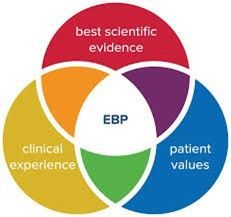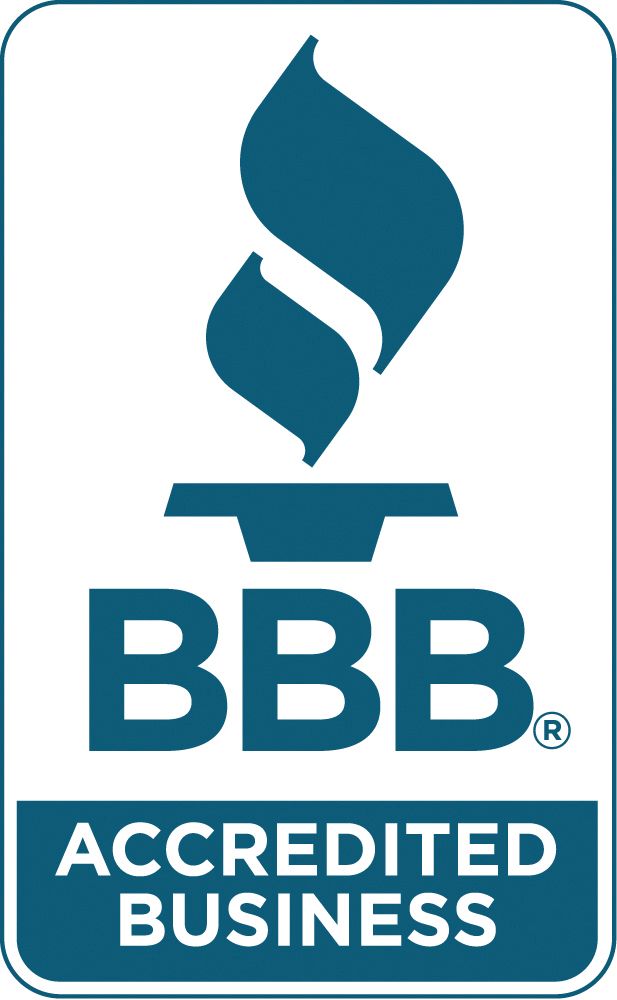Proper Etiquette with Surveyors and Regulators
Executive leaders meeting with governmental, or accreditation reviewers normally do so with a sense of decorum. The reviewer has substantial influence over licensure, payment, contracting, or other valued relationships. Yet in many instances, the executive creates an adversarial atmosphere that worsens their professional relationships.
Frequently, this problem occurs when the two sides meet over an evaluation of the behavioral health agency. This review could be for a regular survey, a problem with services, or a complaint. And the reviewer cites concerns about the current state of the organization. Examples could be lack of training, improper policies or procedures, or lack of sufficient documentation. Then the executive turns to them and argues about the findings.
Examples of this confronting behavior are as follows:
- Arguing about regulatory or contractual changes.
- Criticizing the evaluation methods of an auditor.
- Disputing the results of a survey.
- Citing how evidence of compliance exists.
In all these cases, the conclusion is always the same; the executive loses. The aggressive tone does not go over well with governmental or accreditation personnel and makes the process worse. It clouds future decisions about the executive’s agency and creates a hostile environment.
Why does this occur?
One thought is that the executive may have a fixed mindset. In Dr. Carol Dweck’s book, Mindset, she discusses how individuals approach life with fixed or growth mindsets. We discussed Dr. Dweck’s work previously. The person operating from a growth mindset is willing to accept problems and learn from them, while the person with a fixed mindset cannot leave their comfort zone and finds fault or blame in others. They cannot take criticism or accept complications that put their life in turmoil.
How can executives change their strategy with surveyors or reviewers?
To be positive in these situations, the executive must understand the perspective of the reviewer. They are hired to find problems and solutions. It is their job to hold an organization accountable to a set of standards. When the organization doesn’t fit the standards (which will always happen because no one’s perfect), the reviewer’s role is to advise them of it. The reviewer doesn’t have an agenda, although at times the executive may think differently. Instead of finding fault with the results, the executive needs to step back and know each problem has a solution. Turning around the situation and being positive, understanding, and discovering how to make the corrections as quickly as possible. This approach converts the adversarial relationship into a cooperative one.
Praxes offers consulting services for agencies. For more information, please contact us.




